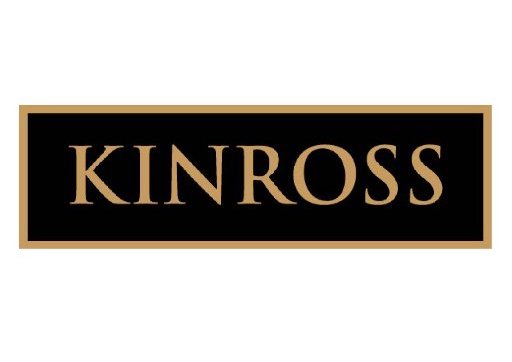Email this article | Print this article
This article is guest contribution by Michael Johnston, of ETFdb.com
And so the carousel ride continues. In 2008, the U.S. was the center of the investing world as the financial sector meltdown began. Then it was China’s turn, as earlier this year investors focused on Beijing’s plan to continue the impressive growth without overheating. Now Europe is clearly in the spotlight, with every development from Greece and the ECB rippling throughout global equity markets.
The recent turmoil across the pond has investors pondering the viability of the common currency system and reconsidering allocations to European equities (see ETF Options For An Ex-Europe Portfolio). Although the euro has stabilized in recent sessions, the consensus opinion among investors is that the currency faces a tough battle ahead. BNP Paribas is now forecasting the the euro will hit parity with the dollar in 2011. Barclays and UBS also have a pessimistic view, anticipating that the euro will decline to $1.20 within three months.
For investors who think the euro will continue its slide and take European stocks down with it, there is no shortage of trading ideas. The ProShares UltraShort MSCI Europe (EPV), which seeks to deliver daily returns equal to 200% of the inverse movement in the MSCI Europe Index, has seen an increase in interest over the last week. And there are a handful of ETF in the Europe Equities ETFdb Category that can be sold short to profit from declines in value.
Playing The “Euro Drag”
Some investors think that the euro has a rocky stretch, but aren’t quite convinced that weakness in the currency will dim the underlying fundamentals of European companies. “I think the euro is in trouble,” says Wharton finance professor Jeremy Siegel. “But that doesn’t necessarily mean that European stocks are not a buy.” For investors bearish on the euro, but not convinced that European equities are a “sell,” we present a unique market neutral ETF trading idea:
* Long Global X FTSE Nordic 30 ETF (GXF)
* Short iShares MSCI EMU Index Fund (EZU)
Both ETFs invest in European equities, but in the current environment the risk profiles of these securities are very different. GXF’s holdings are split between four Nordic countries: Sweden, Denmark, Norway, and Finland. While Finland (which makes up about 16% of total assets) has adopted the euro, the other four countries represented have avoided doing so. EZU tracks the MSCI EMU Index, a benchmark that measures the performance of equity markets of EMU member countries–those members of the European Union who have adopted the euro as its currency. An x-ray look at EZU’s holdings reveals allocations to many of the countries mentioned in the “next domino to fall” discussion: Spain, Italy, and Greece.
When considering international ETFs, most investors don’t give much thought to the impact that currency exposure will have on their bottom line returns. But because most equity ETFs are unhedged (HEDJ and DFJ being the exceptions), movements in exchange rates can either create strong headwinds or give an added boost (see EFA vs. HEDJ: A Better EAFE ETF? for a closer look at this issue).
The currency exposure obviously isn’t the only difference between GXF and EZU; these two ETFs have virtually no overlap among individual holdings. But the sector breakdown is relatively consistent between the two, with financials and industrials accounting for significant portions of total assets. If the euro continues to weigh on markets as it has in recent weeks, EZU will have a hard time keeping up with GXF (investors looking to make a more symmetrical market neutral play against the euro might consider going long HEDJ and short EFA or DWM).
Diverging Fortunes
Both GXF and EZU offer exposure to European stock markets, and the correlation between the two funds is relatively strong. But these ETFs have delivered very different performances in 2010; GXF is actually up slightly on the year, while EZU is down about 15%:
For more actionable ETF ideas, sign up for our free ETF newsletter .
Disclosure: No positions at time of writing.
ETF Database is not an investment advisor, and any content published by ETF Database does not constitute individual investment advice. The opinions offered herein are not personalized recommendations to buy, sell or hold securities. From time to time, issuers of exchange-traded products mentioned herein may place paid advertisements with ETF Database. All content on ETF Database is produced independently of any advertising relationships. Read the full disclaimer here.











